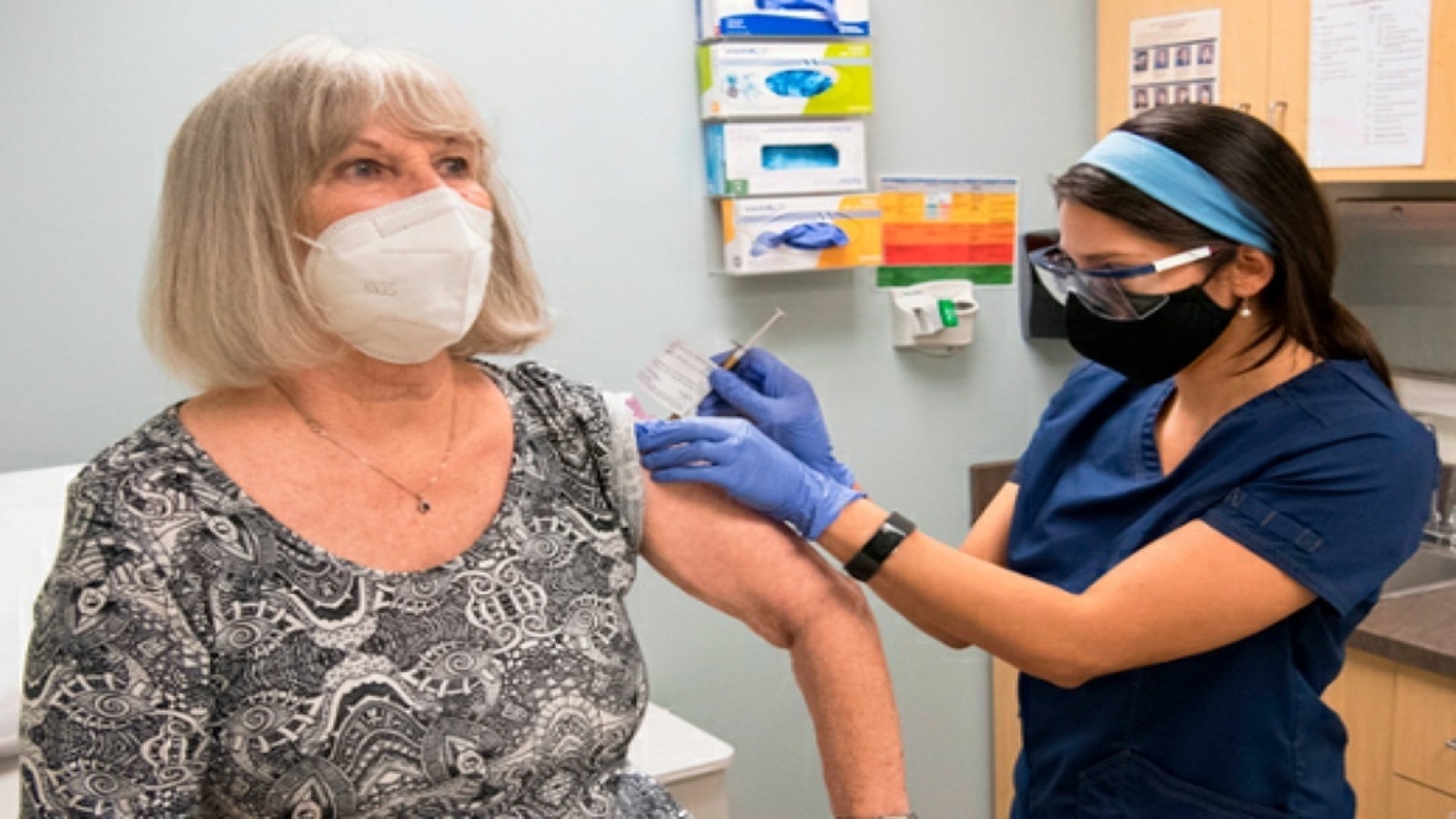Seniors in Michigan could be receiving the COVID-19 vaccine as early as next week. | stock photo
Seniors in Michigan could be receiving the COVID-19 vaccine as early as next week. | stock photo
Gov. Gretchen Whitmer recently announced that the state will open COVID-19 vaccination opportunities for seniors and other frontline workers beginning Monday, Jan. 11, according to Bridge Michigan.
Frontline health care workers -- including doctors, nurses, emergency workers and nursing home residents and staff -- were the first to receive vaccinations, and Whitmer said it is now time to move on to other vulnerable populations. Michigan seniors aged 65 and older and frontline workers -- such as teachers, law enforcement officers, corrections officers, agricultural workers and grocery store employees -- will now be eligible to get the vaccine.
So far Michigan’s rollout of the vaccine has been among the worst in the nation, according to data from the U.S. Centers for Disease Control and Prevention (CDC), with just over 152,000 doses having been administered as of Jan. 6. Only six other states had lower vaccination rates than Michigan.
“I think it's fair to say no one in this country is pleased with the speed of vaccinations,” Dr. Joneigh Khaldun, the state’s chief medical officer, told Bridge Michigan. Khaldun added that the speed of the rollout was “absolutely concerning.”
Worried about the prospect of groups of people waiting in lines for vaccines, Whitmer advised that eligible residents should go online to Michigan.gov or the Local Health Department Map to find out how to schedule an appointment ahead of time to receive the vaccine.
“We don't want to see people standing in lines. We don't want to see people jeopardizing their health like we've seen in other states, and that's why it's important to make sure that you've made an appointment before you head out to get your vaccine,” Whitmer said, according to Bridge Michigan.
The logistics of distributing the vaccine is complex. The state has approximately 1.7 million residents aged 65 or older, and the vaccine requires two doses taken several weeks apart. Additional difficulties include staffing and location concerns, and the need to maintain social-distancing practices at clinics and health offices.

 Alerts Sign-up
Alerts Sign-up